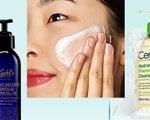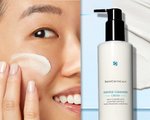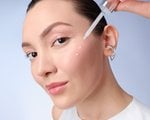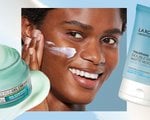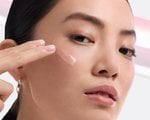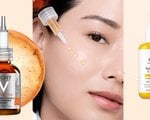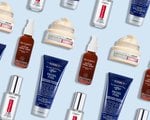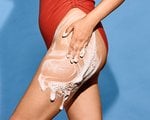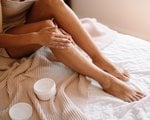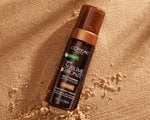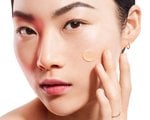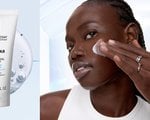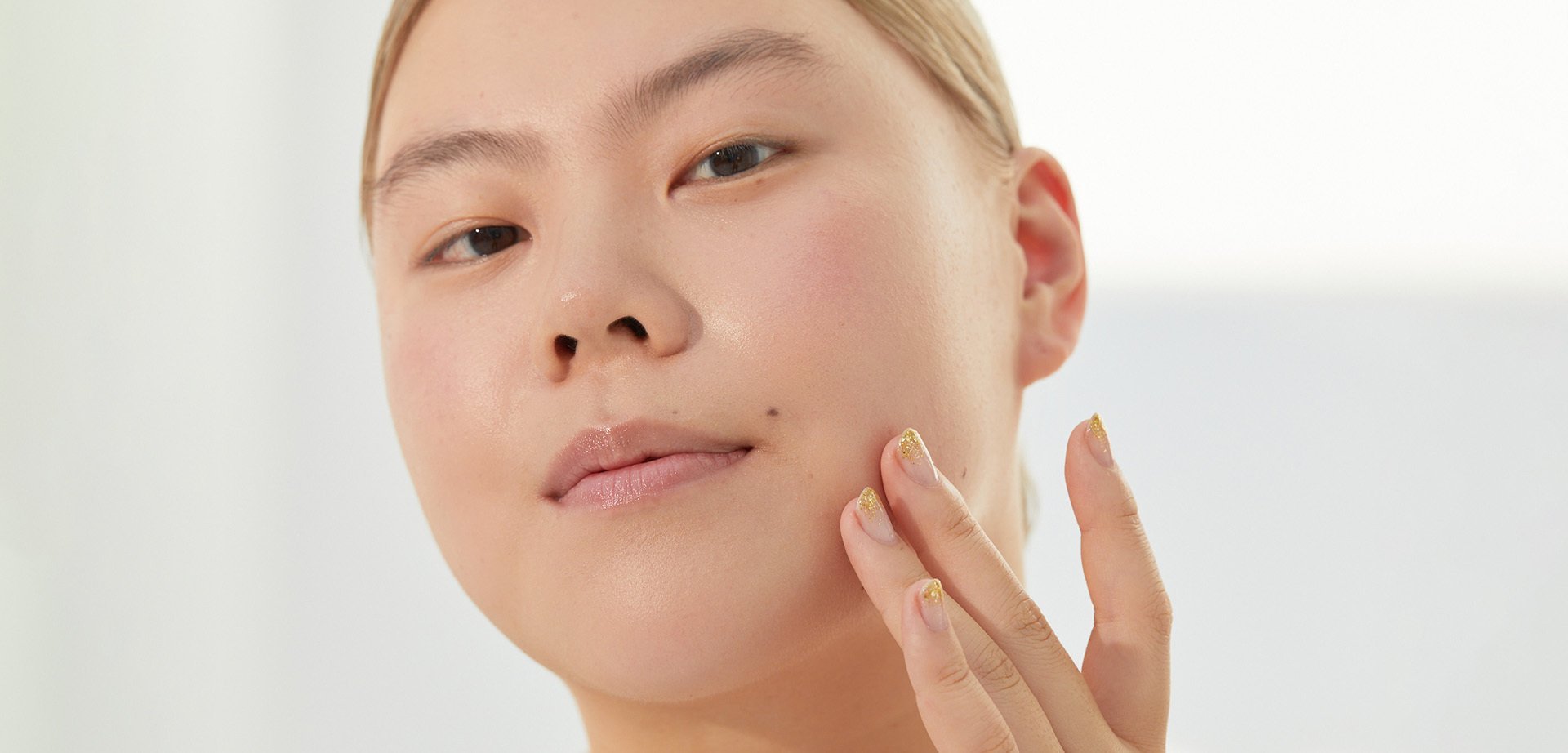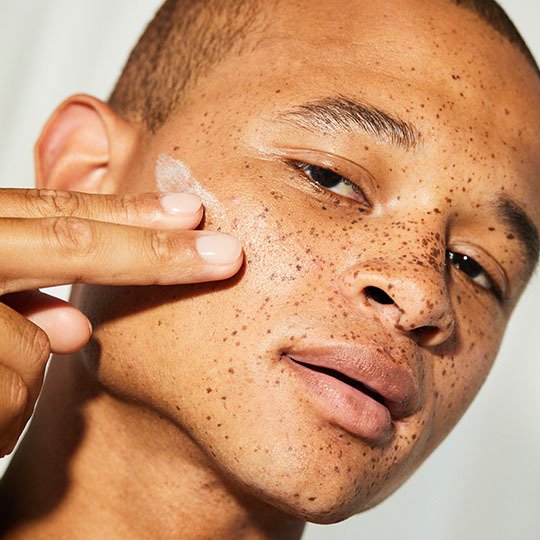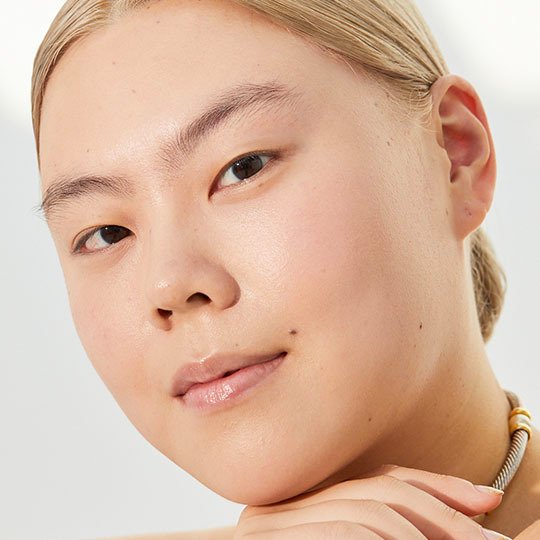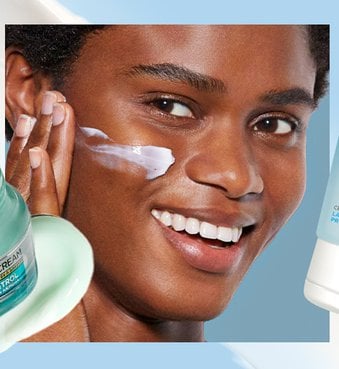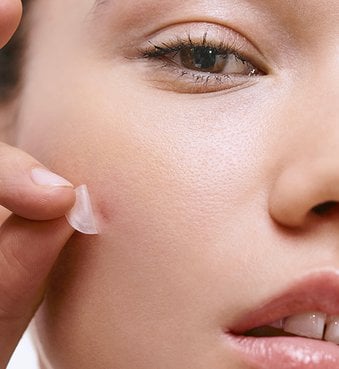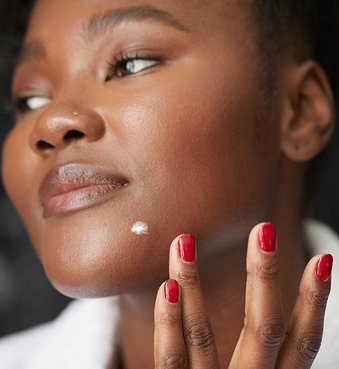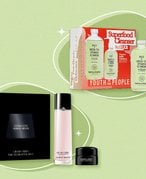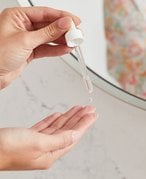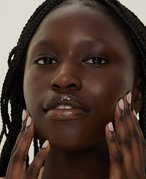Acne
Whether it strikes in your teen years or when you’re an adult, acne can feel difficult to deal with. Get skin care tips and advice to help you deal with acne, here.Latest Articles
Recommended Articles
-
![]() AcneOur Picks to Help Tackle Your Acne!6/14/2024
AcneOur Picks to Help Tackle Your Acne!6/14/2024 -
![A collage of skincare gift sets]() All Skin Concerns15 Holiday Skincare Gifts You’ll Want to Give and Receive This Year12/6/2023
All Skin Concerns15 Holiday Skincare Gifts You’ll Want to Give and Receive This Year12/6/2023 -
![Picture of a model holding a serum dropper]() AcneHow to Use Niacinamide in Your Skincare Routine12/5/2023
AcneHow to Use Niacinamide in Your Skincare Routine12/5/2023 -
![Person with a blonde pixie cut looking in the mirror touching her hand to her eyebrow]() AcneCan Grooming Your Brows Cause Eyebrow Acne?10/2/2023
AcneCan Grooming Your Brows Cause Eyebrow Acne?10/2/2023 -
![Person touching their cheeks and jawline]() BlackheadsHow to Address and Prevent Blackheads9/27/2023
BlackheadsHow to Address and Prevent Blackheads9/27/2023 -
![Picture of a mature model softly smiling and touching their chin]() AcneMilia: What You Need to Know About the Tiny White Bumps on Your Ski...9/15/2023
AcneMilia: What You Need to Know About the Tiny White Bumps on Your Ski...9/15/2023
